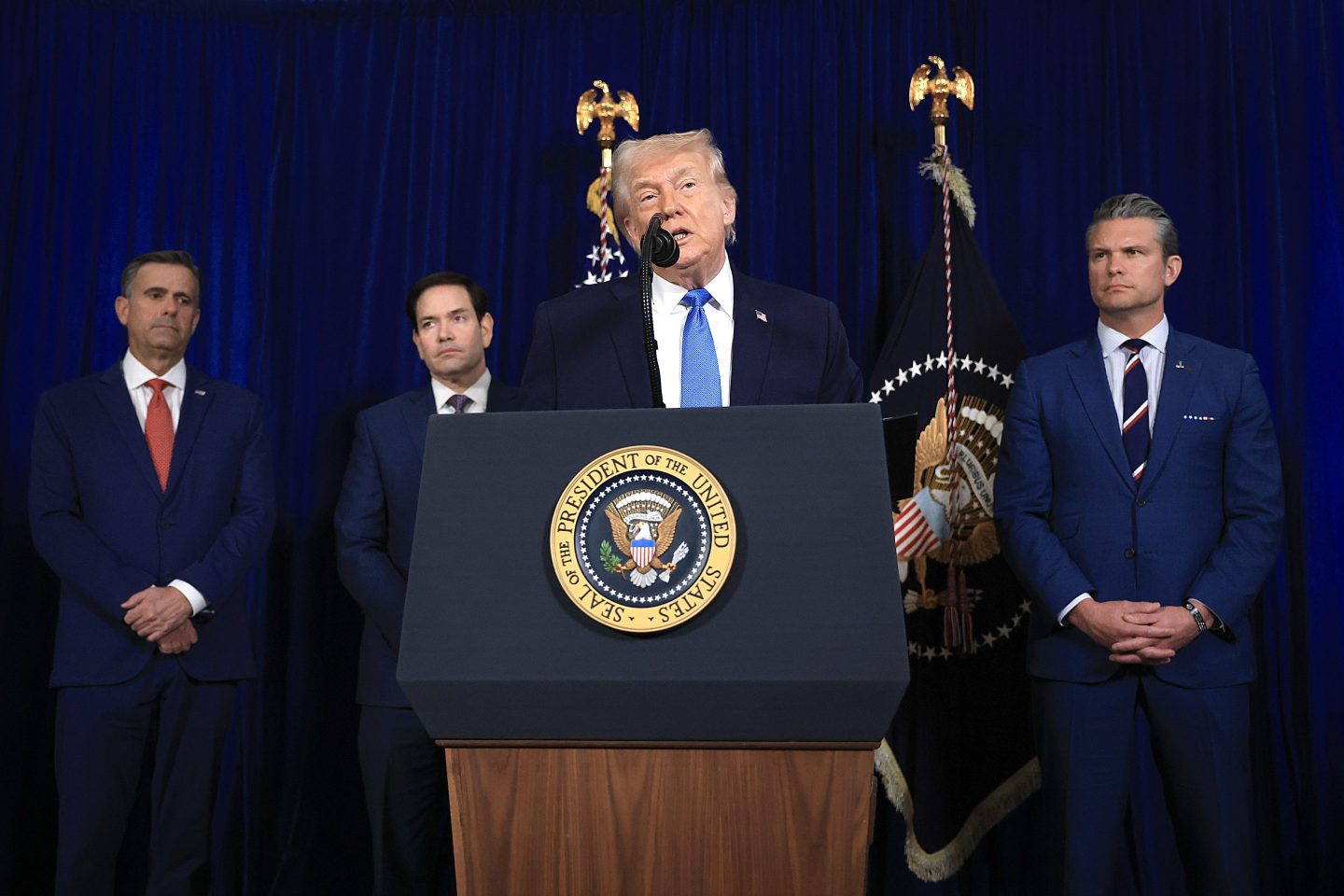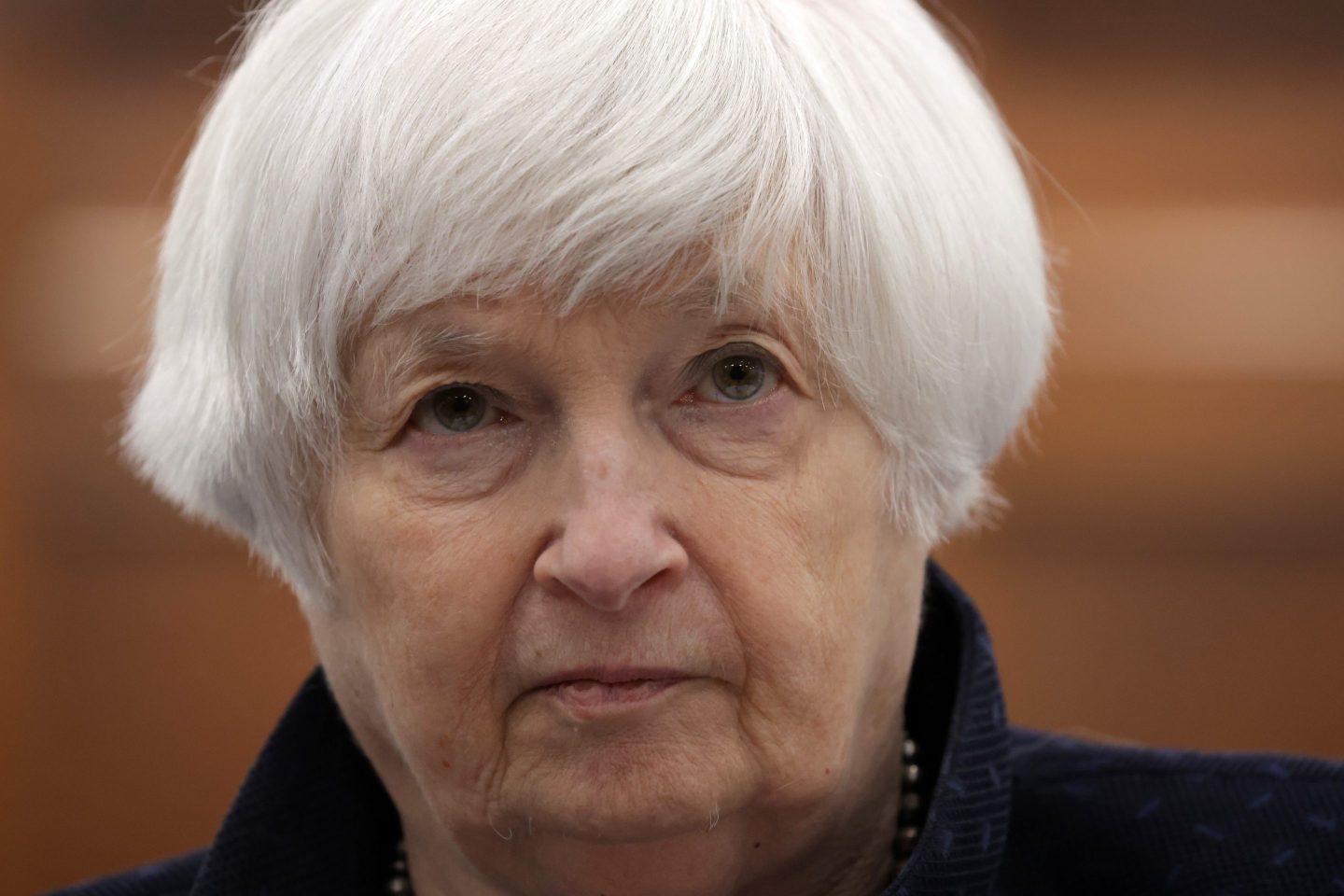Last week, the world’s largest food company cried foul about poultry production. Nestlé USA has announced a groundbreaking set of mandates for its chicken suppliers to follow when it comes to how they raise and slaughter birds, directives that will help eliminate some of the worst animal suffering on the planet and completely transform the way chickens are treated before getting to our plates. With a market capitalization of nearly $300 billion and over 2,000 brands, the announcement from this food industry titan will have a major impact on the future of farming.
Specifically, Nestlé is requiring that its suppliers stop breeding birds to grow so large, so fast that they suffer crippling leg deformities and heart attacks. The unfortunate reality is that nearly all nine billion chickens raised in the U.S. each year are bred that way. According to University of Arkansas researchers, “If humans grew at a similar rate, a [6.6 pound] newborn baby would weigh [660 pounds] after [two months].”
With its announcement, Nestlé is demanding healthier birds. The company is also requiring changes that will give birds better living environments on the factory farms where they’re raised, and that will see current industry slaughter methods replaced with something much more modern and humane.
Nestlé is certainly the biggest company to require reforms to address these issues—but it’s not the first. Over the last year, a spate of major food companies have made similar announcements—from Burger King and Jack in the Box to Campbell Soup and Unilever. So widespread has been the food industry’s denunciation of standard poultry production methods that even companies at which food is not their primary enterprise—like Carnival Cruise Lines—are now demanding change.
And to their credit, several large poultry producers are listening. Perdue Farms, the country’s fourth-largest chicken company, has recently announced a series of sweeping reforms to account for these demands for healthier chickens raised under better conditions. Similarly, Wayne Farms—another major producer—is also taking steps to meet the demand for better birds.
But not all poultry producers are champing—or pecking—at the bit to change their ways. For example, Tyson Foods, one of the world’s largest chicken companies, has failed to announce any adjustments to its business model—even in spite of its largest corporate customers demanding change. In fact, when the company announced new animal welfare measures last June, noticeably absent from that announcement were any steps to address customers’ demands for better breeding, housing, and slaughter regimens—a point the media rightfully picked up on at the time.
It’s not the first time Tyson has failed to respond to animal cruelty concerns. Even as dozens of the world’s largest food companies call for an end to gestation crates in pork production (tiny cages that restrain breeding pigs so tightly they can’t even turn around) and as hundreds of food companies demand cage-free conditions for egg-laying hens, Tyson has been nearly silent on both issues. Indeed, the company is one of the few in the industry that lacks policies to get pigs and chickens out of cramped cages, instead allowing the cruel confinement in perpetuity.
Lagging on animal cruelty issues has been shown time and again to be bad for business. Consumers don’t want animals—including those caught up in the food supply—to suffer at the hands of enterprise. For the buying public, it’s a matter of simple ethics. But for poultry producers, it should simply be a matter of economics: Animal abuse is especially bad for business when your largest customers—not individual consumers buying chicken sandwiches for lunch but major corporations serving millions of them each year—demand reform.
This is why companies like Perdue are rising to the occasion and meeting the demand for better birds, and it’s why the rest of the industry ought to follow suit. After all, it’s not just that there’s much wrong with poultry production today, but perhaps more importantly, that the customer is always right.
Matthew Prescott is senior director of food and agriculture for The Humane Society of the United States and author of Food is the Solution: What to Eat to Save the World, which will be published in spring 2018.











